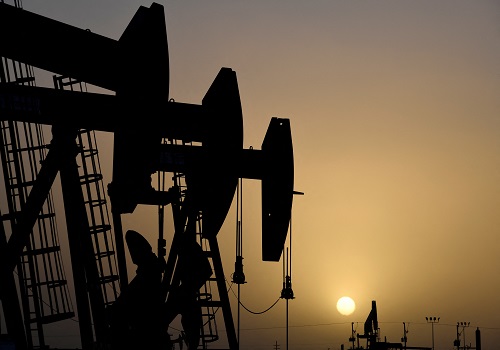Markets likely to get gap-down opening amid weak global cues
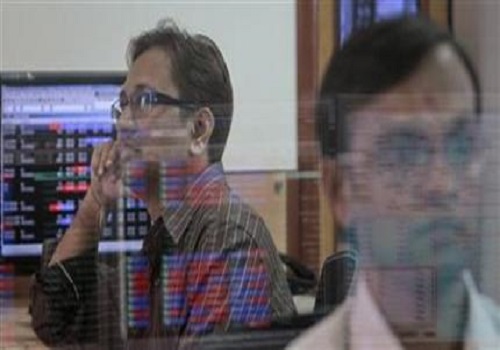
Follow us Now on Telegram ! Get daily 10 - 12 important updates on Business, Finance and Investment. Join our Telegram Channel
Indian markets put an end to a two-day winning run on Tuesday, retreating from 11-week peaks scaled in the previous session, amid weakness across financial stocks as HDFC Bank and HDFC took a breather. Today, markets are likely to make gap-down opening tracking losses in global peers. Continuous rise in petrol and diesel prices likely weighed down on the market sentiments. Oil companies increased the price of petrol and diesel in Delhi by 80 paise each, marking the 14th such hike in two weeks. Petrol costs Rs 105.41 and diesel Rs 96.67 per litre after the hike. There will be some cautiousness with a private report that the Reserve Bank of India will delay its first interest rate rise by at least four months to August at the earliest, as the central bank must now start worrying about inflation. However, some respite may come later in the day as Asian Development Bank projected a seven per cent collective growth for South Asian economies in 2022 with the subregion's largest economy India growing by 7.5 per cent in the current fiscal year before picking up to eight per cent the next year. Traders may take note of report that India and the EU are set to soon expedite formal negotiations for a free trade agreement (FTA), with commerce secretary BVR Subrahmanyam visiting Brussels this week to set the stage for the talks. Besides, the government has extended the timeline for disbursement of loan for ethanol projects under different schemes till September 30 this year, as part of its efforts to boost domestic production and achieve ethanol blending of 20 per cent by 2025. There will be some buzz in banking stocks as rating agency Icra Ratings said the outlook for banks is expected to be stable amid improvement in credit growth of 8.9-10.2 per cent and decline in provisions in the current fiscal. Auto industry stocks will be in focus as automobile dealers' body FADA said domestic passenger vehicle retail sales in March declined by 4.87 per cent to 2,71,358 units, as compared to the same month last year. There will be some reaction in real estate industry stocks with a private report stating that the residential housing industry showed robust growth in January-March 2022 as demand rose 4.6 per cent quarter-on-quarter (QoQ) across 13 Indian cities. Aviation industry stocks will be in limelight as the government has started discussions with airlines on the removal of price bands for passenger fares.
The US markets ended lower on Tuesday as investors faced up to the possibility of aggressive monetary tightening by the U.S. Federal Reserve to fight inflation. Asian markets are trading in red on Wednesday following weakness over Wall Street overnight.
Back home, Indian equity benchmarks snapped a two-day winning run and ended over half percent lower on Tuesday amid cautious gains across most global markets. Investor focus returned to the Russia-Ukraine war and rising oil prices. Markets made a cautious start and soon slipped into red as traders got anxious with the Ministry of Commerce and Industry in its latest data has stated that India's trade deficit rose 87.5 per cent to $192.41 billion in 2021-22 as against $102.63 billion in the previous year. The trade deficit in March 2022 was $18.69 billion. It showed that while total exports during last fiscal year increased to a record high of $417.81 billion, imports too soared to $610.22 billion, leaving a trade gap of $192.41 billion. Some concern also came as a private report stated that petrol and diesel prices have been hiked by 80 paise a litre each on April 05, taking the total increase in the last two weeks to Rs 9.20 per litre. However, markets erased all the losses and were trading marginally higher in afternoon deals, as traders took some support with Finance Minister Nirmala Sitaraman’s statement that Foreign Direct Investment (FDI) staying in the country and creating jobs and prospects, and not the outflow of Foreign Institute Investors (FIIs) and Foreign Portfolio Investors (FPIs), should be assessed to measure robustness of the Indian economy. Some support also came with a report that the government is committed to supplying fertilisers at affordable prices to farmers with required subsidies despite rising international market rates due to the Russia-Ukraine conflict, huge procurements by China and other global factors, which may push the annual fertiliser subsidy to up to Rs 2 lakh crore in the current financial year. But, buying proved short-lived as markets once again fell into negative terrain in late afternoon deals, as some pessimism remained among traders with a private report stating that Indian manufacturers are running out of capacity to absorb rising input costs, with an increasing number passing it along to consumers in an economy already grappling with Asia’s third-fastest inflation and an uneven recovery. Finally, the BSE Sensex fell 435.24 points or 0.72% to 60,176.50 and the CNX Nifty was down by 96.00 points or 0.53% to 17,957.40.
Above views are of the author and not of the website kindly read disclaimer

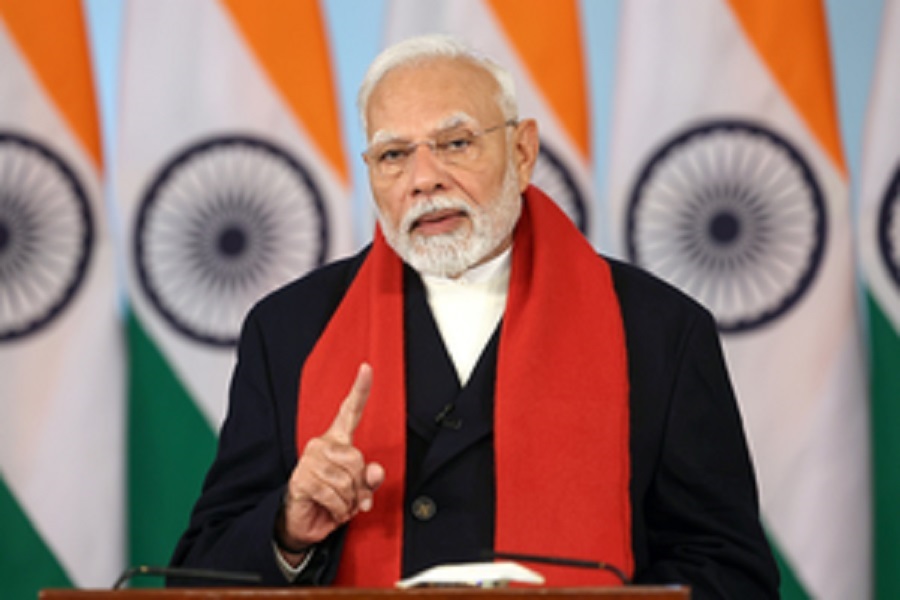

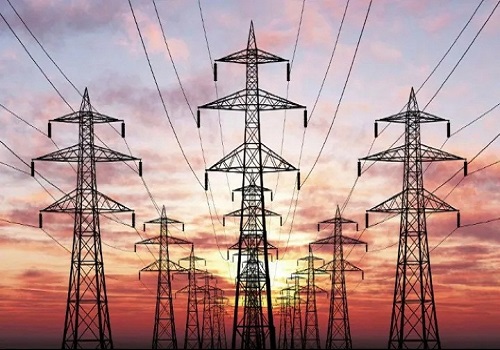


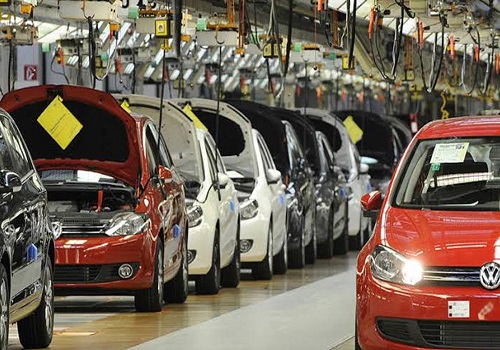

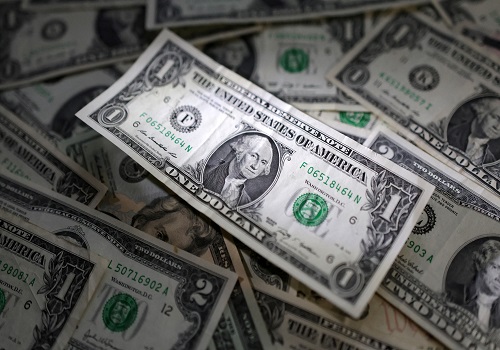
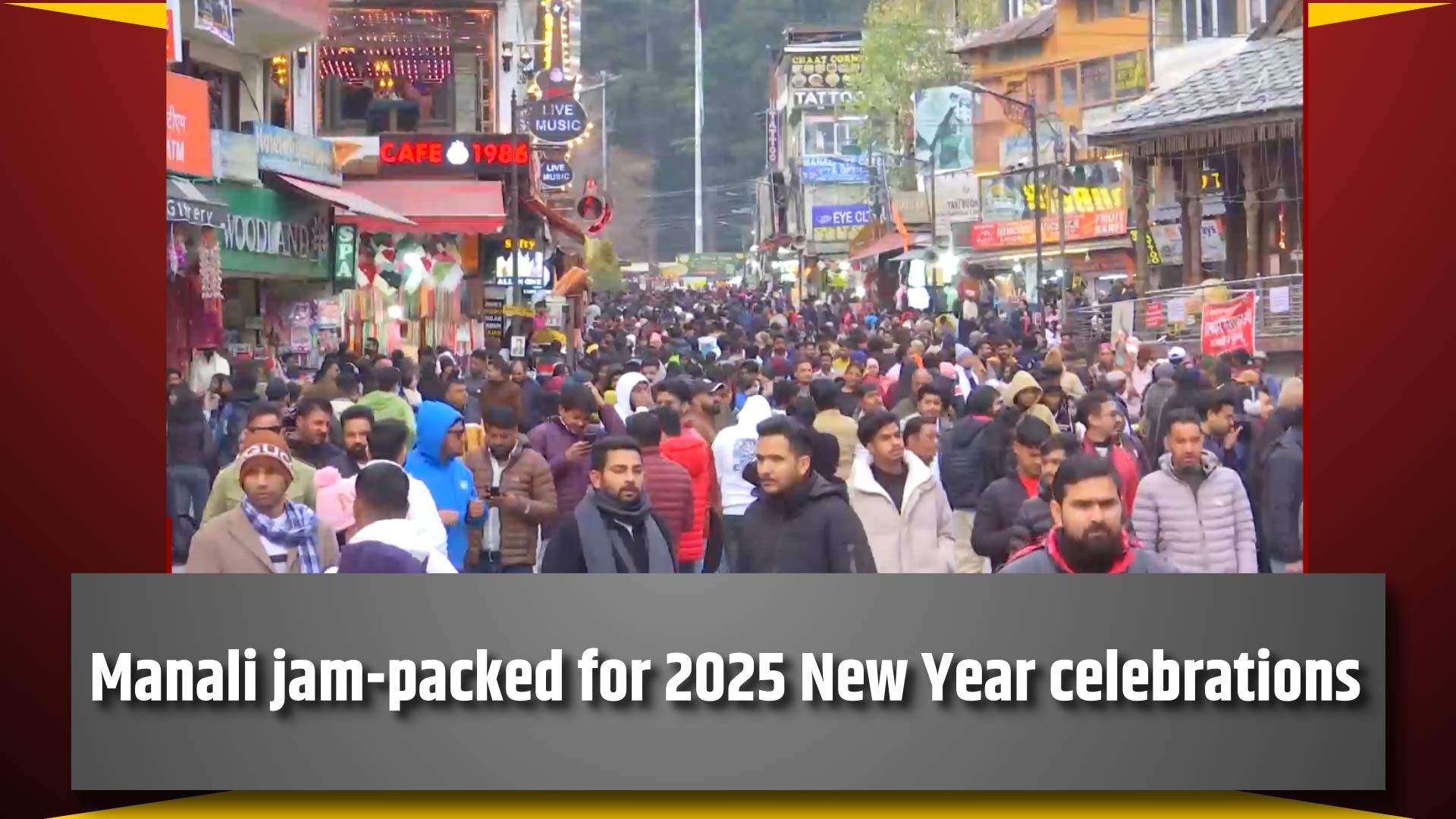
Tag News

Weekly Market Analysis : Markets strengthened recovery and gained nearly 2% in the passing w...



More News

Markets inched further lower and lost over half a percent - Religare Broking






